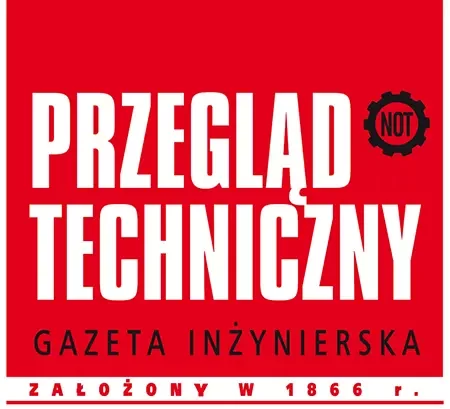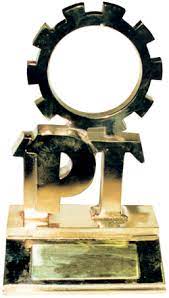The recent events in Niger (the military coup) would probably not have drawn so much attention from the European media and the public were it not for their potential economic impact. As it turns out, the country is one of the main suppliers of uranium to the EU (the second largest last year), and a sudden interruption of supply could make a lot of noise in the European nuclear market (although Euratom reassures that adequate stocks have been built up in Europe and there are no risks in the short term). We don’t yet know in what direction events in the African country will develop and what consequences this will have for the European economy, but it’s another example showing how fragile a foundation the security of important industries in Europe is built on. Of course, I don’t want to undermine the assurances that Europe (primarily France) will cope with a possible reduction in crude supplies from Niger. But if, as a result of a coup in a distant African country in a few days, leading European media are frightening that the EU may run out of fuel for nuclear power plants – this is probably reason enough for serious reflection on Europe’s economic security. Not the first, by the way, in recent years. Although we return to the events there less and less often – it is worth recalling that the global economy not so long ago experienced a dramatic collapse of global supply chains due to a pandemic. At the time, the National Chamber of Commerce called for an end to reckless economic policies involving, among other things. on tolerating the risk of losing business continuity and becoming dependent on one direction for the supply of strategic goods. We also called for accelerating the implementation (after all, discussed in the EU long before the pandemic) of a policy of reindustrialization of Europe aimed at, among other things. to reduce economic dependence on unstable countries. Russia’s actions in the energy commodities market-both before and after the invasion-were just another argument for urgently taking up the postulated, among other things. by the NMI of activities. One can be pleased that the new Spanish presidency has adopted EU reindustrialization as one of its priorities, but the process should have been prioritized much earlier. For what is the reality? “Poland is the only country among the major economies of the European Union where the share of industry in GDP increased between 2000 and 2021,” wnp.pl reported a few months ago, a good illustration of the pace of change.
Unfortunately, we are facing a period of uncertainty in the coming years. The war in Ukraine and Russia’s aggressive stance (including in the economic sphere) against countries condemning it, China’s rivalry with the US – these are just examples of the challenges that will be faced. Crises – like in Niger – may erupt with increasing frequency including, among others. influenced by Russian inspiration. The arguments for getting serious about Europe’s economic security, rebuilding its industrial potential and becoming independent of insecure suppliers have been abundant recently.
Andrzej Arendarski, president of KIG





